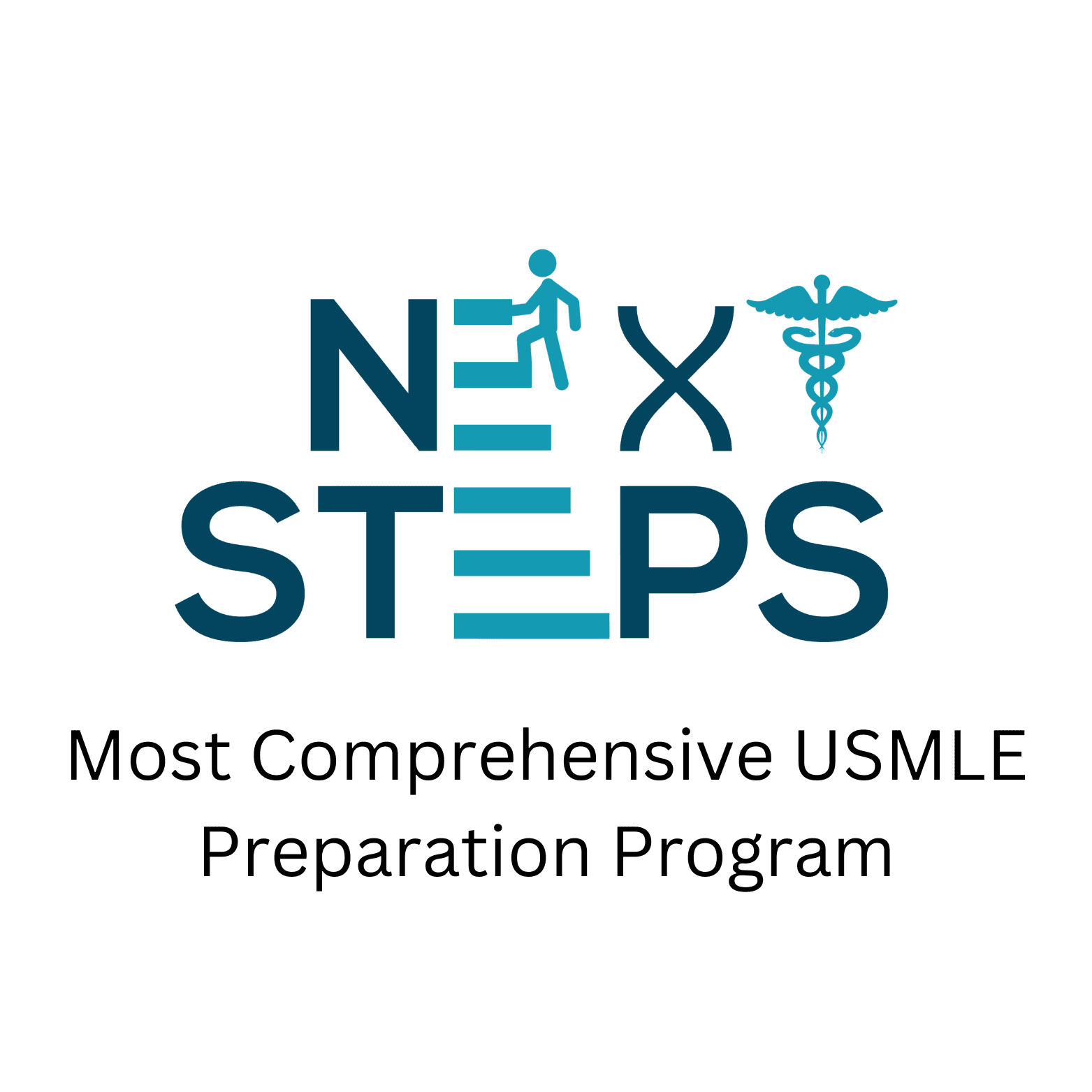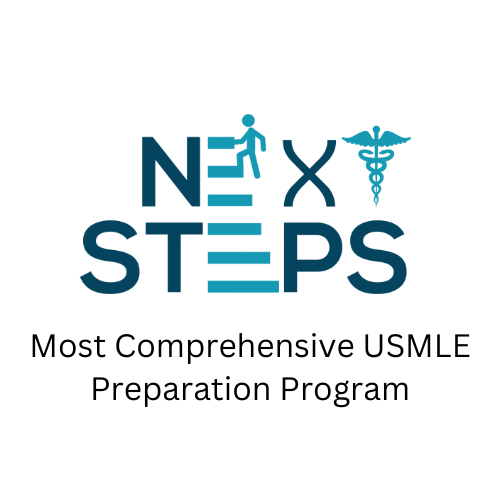-
-
Tell me about yourself. Example Answer:
“I grew up in a small town where access to healthcare was limited, which inspired me to pursue a career in medicine. I completed my medical degree at XYZ University, where I developed a strong interest in internal medicine due to its comprehensive approach to patient care. During my rotations, I particularly enjoyed working with underserved populations, which reinforced my desire to become a primary care physician. Outside of medicine, I enjoy hiking and volunteering at local health clinics.”
-
Why did you choose this specialty? Example Answer:
“I chose pediatrics because I find working with children incredibly rewarding. During my pediatrics rotation, I was moved by the resilience of young patients and the opportunity to make a lasting impact on their lives. The ability to provide preventive care and educate families on healthy lifestyles also aligns with my passion for community health.”
-
Describe a challenging clinical experience and how you handled it. Example Answer:
“During my surgery rotation, I encountered a patient with a complex case of appendicitis complicated by sepsis. The patient’s condition deteriorated rapidly, and we had to act quickly. I assisted in stabilizing the patient, coordinating with the surgical team, and communicating with the family. This experience taught me the importance of teamwork, quick decision-making, and clear communication under pressure.”
-
What are your strengths and weaknesses? Example Answer:
“One of my strengths is my ability to remain calm and focused in high-stress situations, which has been invaluable during my clinical rotations. A weakness I’m working on is my tendency to be a perfectionist. While this trait ensures thoroughness, it sometimes leads to spending too much time on tasks. I’ve been improving by setting more realistic timeframes and focusing on efficiency.”
-
How do you handle stress and work-life balance? Example Answer:
“I handle stress by staying organized and prioritizing tasks effectively. I also make sure to set aside time for activities I enjoy, such as running and spending time with family and friends. Maintaining a healthy work-life balance is important to me because it helps me stay energized and focused.”
-
Why are you interested in our program?
Example Answer: “I am particularly impressed by your program’s emphasis on community outreach and its strong mentoring system. The opportunity to work with a diverse patient population and a supportive learning environment is exactly what I’m looking for in a residency program. Additionally, speaking with current residents during my interview day confirmed that this program is a great fit for my professional and personal goals.”
-
Tell me about a time you disagreed with a colleague and how you handled it. Example Answer:
“During my internal medicine rotation, I had a disagreement with a fellow student about the management plan for a diabetic patient. I believed a different insulin regimen would be more effective. I approached the situation by discussing our perspectives openly and presenting evidence to support my view. We reached a consensus after consulting with our attending, which reinforced the importance of collaboration and evidence-based practice.”
-
What do you see yourself doing in five years? Example Answer:
“In five years, I see myself as a board-certified family physician working in a community health setting. I hope to be involved in both patient care and public health initiatives, focusing on preventive medicine and chronic disease management. I also plan to mentor medical students and residents to contribute to the training of future healthcare professionals.”
-
How do you handle failure or setbacks? Example Answer:
“I view failures and setbacks as learning opportunities. For example, when I didn’t perform as well as I hoped on a key exam during medical school, I reassessed my study strategies and sought feedback from my professors. This experience taught me the value of resilience and continuous improvement, and I was able to significantly improve my performance in subsequent exams.”
-
Do you have any questions for us? Example Questions to Ask:
-
- “Can you tell me more about the mentorship opportunities available to residents?”
-
- “What initiatives does your program have in place to support resident well-being?”
-
- “How does the program foster a collaborative and inclusive work environment?”
-
-
Conclusion
Preparing for the USMLE residency match interviews involves understanding the types of residency interview questions you are likely to encounter and crafting thoughtful, honest responses. By reflecting on your experiences and practicing your answers, you can present yourself confidently and competently. Remember, the interview is not just about proving your qualifications, but also about finding a program that aligns with your career goals and values. Good luck!





